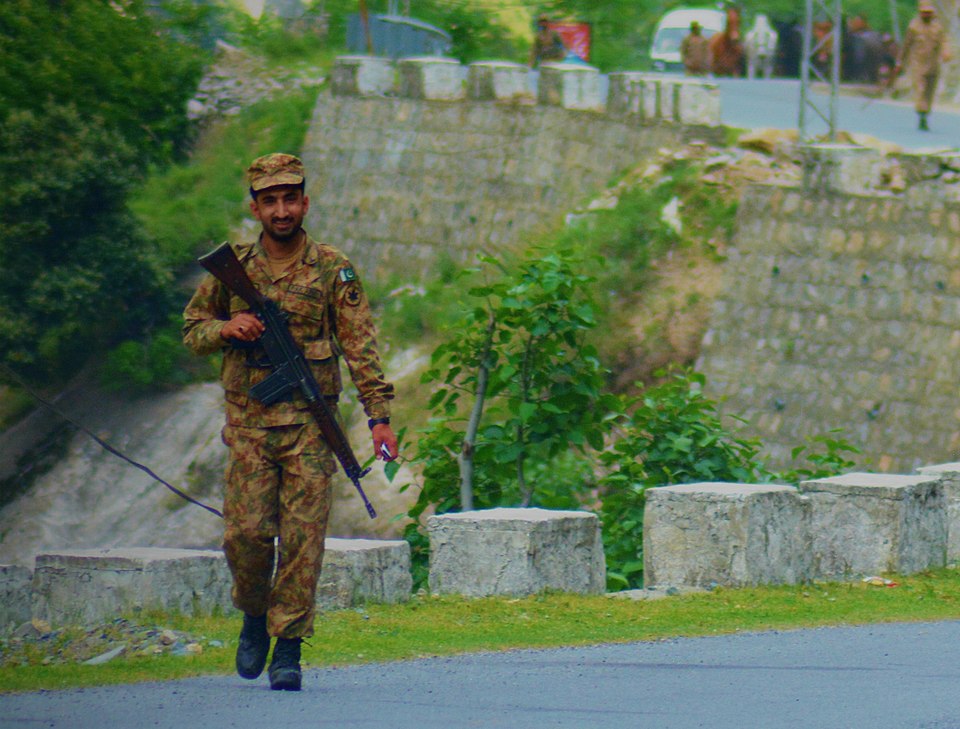
India has given all Pakistani nationals 72 hours to leave the country following a deadly militant attack in Kashmir that killed 26 tourists. The move, announced by India’s Foreign Secretary
Vikram Misri, follows accusations that Pakistan is supporting cross-border terrorism—a charge Islamabad firmly denies.
The attack took place in Pahalgam, a popular tourist destination in the disputed Kashmir region, while U.S. Vice President JD Vance was visiting India. Indian authorities say two of the four suspected gunmen were Pakistani nationals. Pakistan, however, has rejected any involvement.
In response, Pakistan suspended visa services for Indian citizens and closed its airspace to Indian aircraft. It also condemned India’s suspension of the long-standing Indus Waters Treaty, calling it a potential “act of war.”
Tensions have escalated dramatically between the two nuclear-armed neighbors, raising fears of open conflict. Both nations have a long history of hostility, dating back to the 1947 partition of British India.
In a statement, India’s Ministry of External Affairs confirmed that all valid visas for Pakistani nationals are now revoked, with exceptions for medical visas valid only until April 29. Pakistani citizens currently in India must leave before their visas expire under the new directive.
Prime Minister Narendra Modi responded to the attack with a vow to "track and punish every terrorist and their backers." He described the assault as an attack on India’s soul and warned of severe retaliation. “India's spirit will never be broken by terrorism,” he said.
The attackers reportedly emerged from forested areas and opened fire on a crowd of tourists in Pahalgam, killing 25 Indian nationals and one Nepali citizen. The picturesque town, often dubbed the "Switzerland of India," has now become the center of a renewed security crisis.
India’s aviation authority noted a surge in travel demand as people rushed to leave the region in the wake of the violence. Meanwhile, Indian police have detained over 1,500 individuals in connection with the incident and offered a reward for information leading to the attackers.
Experts suggest that India might respond militarily, similar to its 2019 airstrikes in Balakot after a previous militant attack in Kashmir. Stanford researcher Arzan Tarapore said Modi is under "strong political pressure" to act decisively.
Pakistan’s Deputy Prime Minister and Foreign Minister Ishaq Dar criticized India’s reaction as “immature and hasty,” accusing New Delhi of escalating tensions without presenting evidence. Pakistan’s Defense Minister Khawaja Asif also condemned the violence but rejected India’s accusations.
One of India’s most controversial responses has been suspending the Indus Waters Treaty, a key agreement dating back to 1960 that governs water sharing between the two countries. The move could severely impact agriculture in Pakistan, where the Indus River supports nearly 90% of food production and provides drinking water for over 200 million people.
Pakistani officials warned that any attempt to cut off or divert the river’s flow would be viewed as an act of war. Climate expert and former minister Sherry Rehman accused India of using the attack as a pretext to dismantle critical diplomatic agreements.
Ali Rehman Malik, head of the Institute of Research and Reforms, added: “Water is not a political weapon—it is life. Threatening it jeopardizes millions of civilians.”
With both sides digging in and diplomatic ties fraying fast, the region watches anxiously for what could come next. Photo by Aatiph, Wikimedia commons.









































